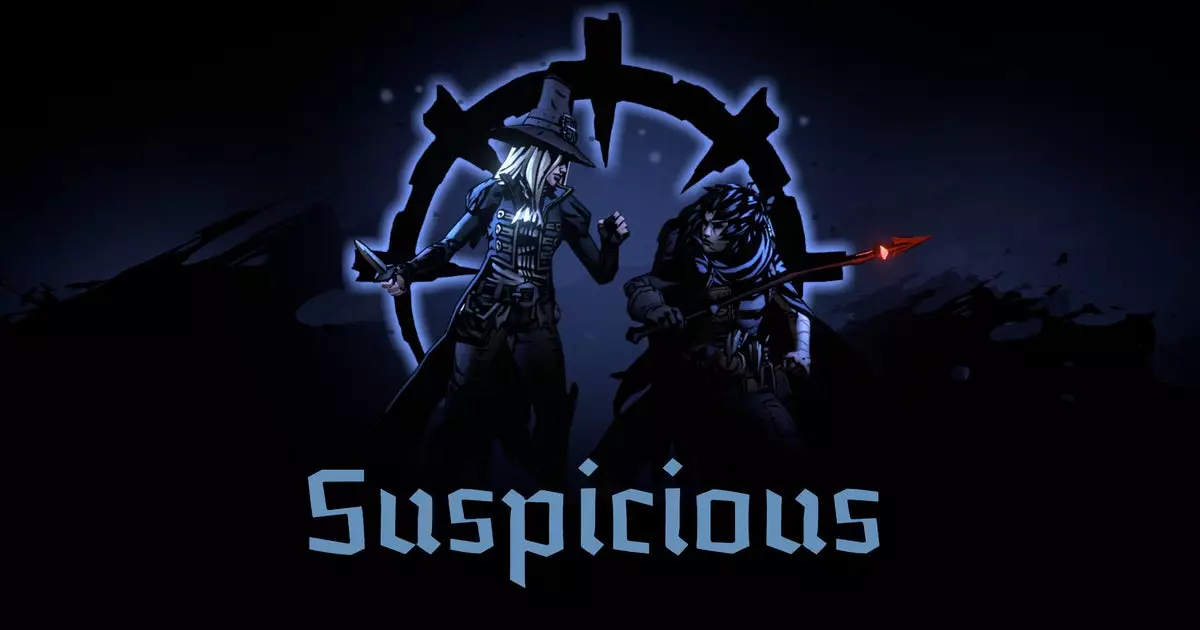The recent announcement of Behaviour Interactive acquiring Red Hook Studios has sent ripples across the gaming community, sparking both excitement and concern. Renowned for creating the critically acclaimed Darkest Dungeon, Red Hook is venturing into a new chapter under the umbrella of Behaviour Interactive, the developers behind the popular asymmetrical horror game Dead By Daylight (DBD). This move appears to align naturally, given the horror elements both developers champion; however, the implications of this partnership ignite a complex conversation about independence and creative integrity in the gaming industry.
Behaviour Interactive’s recent history is not without controversy. The company has faced criticism for laying off employees, cancelling projects, and closing studios like Midwinter Entertainment while simultaneously acquiring talent from smaller studios such as SockMonkey and Codeglue. This context raises questions about the motivations behind acquiring Red Hook. Is it a genuine admittance of admiration for their work, or is it a strategic move to fortify their horror game library in a time when Behaviour is still reeling from past business decisions? The timing of this acquisition following Behaviour’s tumultuous period cannot be ignored and raises eyebrows about the long-term impact on both companies.
Claiming that Red Hook will operate as a “fully independent studio” under the Behaviour banner sounds reassuring, but the definition of independence in this context remains vague. Behaviour CEO Rémi Racine lauded the acquisition as a milestone in making Behaviour synonymous with horror. Still, one must wonder how much creative autonomy Red Hook will retain when collaborating with a larger entity. While Racine’s statements can be seen as a vote of confidence in Red Hook, the overarching influence of Behaviour could complicate current development trajectories and creative visions.
From Red Hook’s standpoint, co-founder Chris Bourassa expresses optimism about the partnership, calling Behaviour “kindred spirits” sharing a devotion to horror gaming. However, the reliance on Behaviour’s resources introduces questions about potential shifts in Red Hook’s artistic direction. Creative studios thrive on their autonomy; the magnitude of Behaviour could introduce constraints that might not align with Red Hook’s ethos, despite the former’s assurances of support. In an industry where the life cycle of independent games can be mercurial, Red Hook’s commitment to their identity needs to remain unscathed to avoid compromising the essence of what makes their games resonate with an audience.
Darkest Dungeon remains a celebrated title in the dark fantasy genre, known for its challenging gameplay and dread-inducing atmosphere. As Red Hook embarks on a new expansion for Darkest Dungeon 2, the collaboration with Behaviour could provide additional bandwidth for development. However, given Behaviour’s past of leveraging existing properties—most notably the proliferation of character DLC in DBD—there’s a palpable concern that Red Hook may find its original vision diluted. Will they continue to forge a path toward innovative storytelling, or will they be pulled toward the lucrative yet restrictive practices of mainstream gaming?
The acquisition of Red Hook by Behaviour Interactive presents a compelling dichotomy: the potential for greater resources and reach against the threat of stifled creativity and compromised independence. As fans of both studios await the future of Darkest Dungeon and other projects, caution seems warranted. The gaming community will be vigilant in observing how Behaviour balances its larger ambitions with the preservation of Red Hook’s unique identity. Ultimately, whether this acquisition serves to enrich or diminish the creative spirit will depend on the execution of this partnership and the authenticity maintained by both studios moving forward.


Leave a Reply